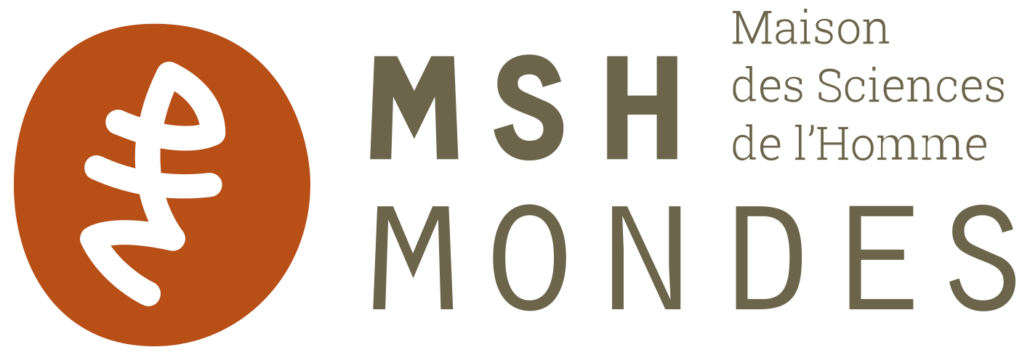| Current library | Call number | Status | Date due | Barcode |
|---|---|---|---|---|
| Besançon : ISTA - Institut des Sciences et Techniques de l'Antiquité Libre accès | Per 23-60.1 (Browse shelf(Opens below)) | Available |
Notes bibliogr. en bas de page
This contribution vindicates Fergus Millar's argument in The Crowd in Rome in the Late Republic (1998) against critics who assume a priori that the republic was always and necessarily a hierarchical society ruled by an oligarchy, and that the populus Romanus had no time for politics and no interest in it. The method followed is traditionally empirical. Close attention is paid to the primary evidence and what it implies, in order to test two hypotheses: that in late-republican Rome the ludi scaenici were the occasion for popular politics, and that stage performances may have influenced later historians' political narratives.








There are no comments on this title.